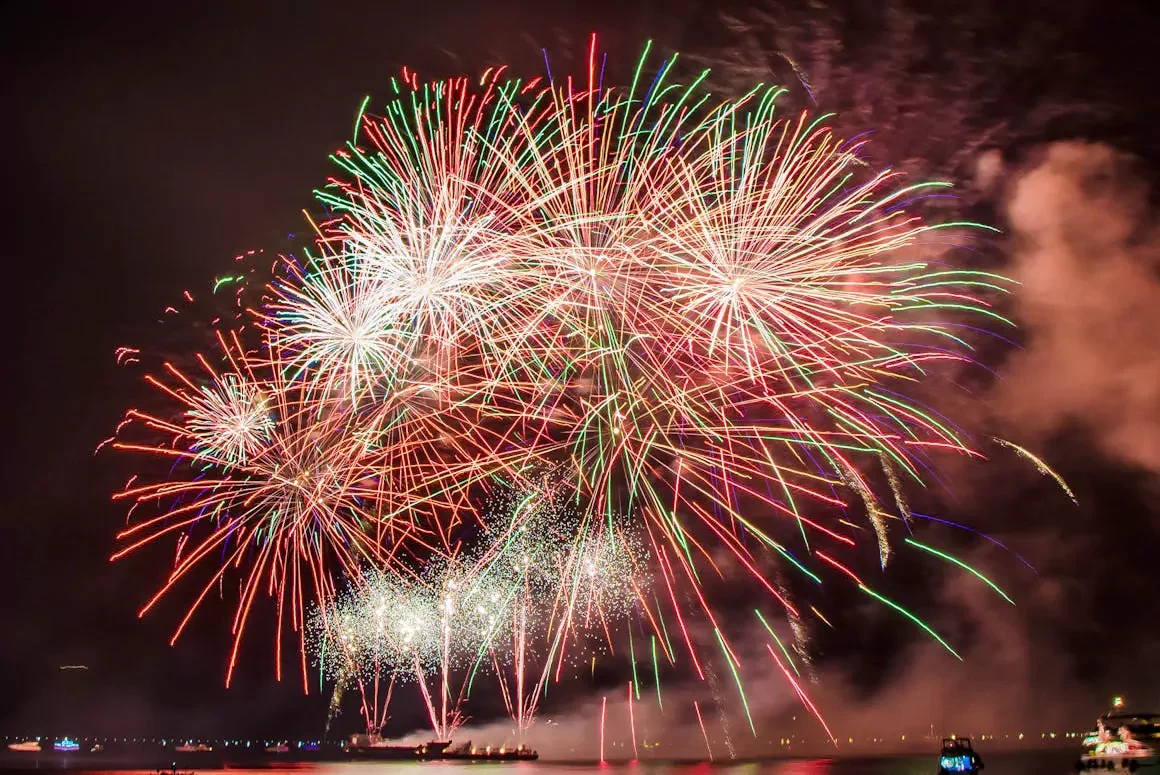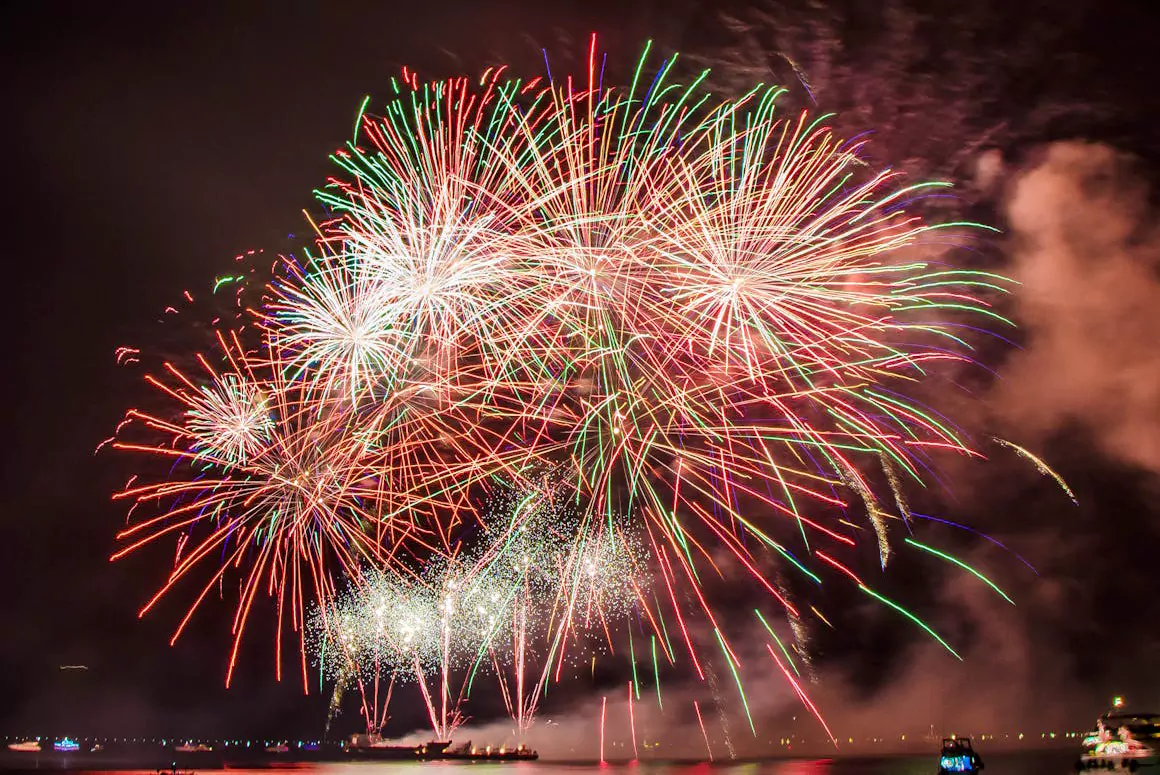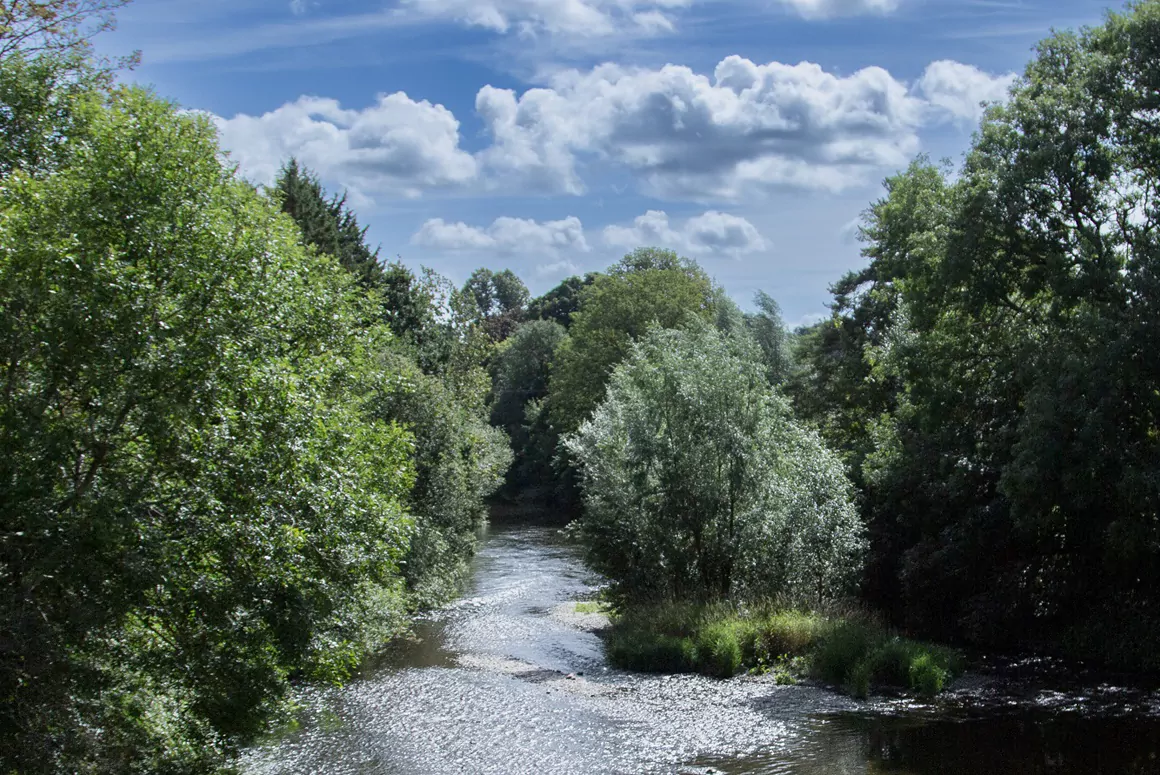Smoke combined with cold weather could be a life-threatening trigger for those with asthma or Chronic Obstructive Pulmonary Disease (COPD) says Asthma + Lung UK Cymru as we head towards 5 November.
Lung charity, Asthma + Lung UK Cymru, are warning people with a lung condition to take extra precautions on and around Bonfire Night as a ‘dangerous duo’ of smoke and cold weather could put them at risk of a life-threatening asthma attack or life-threatening flare up of their condition.
With asthma affecting roughly 590,000 people in Wales and 185,000 living with COPD, many could experience worsening symptoms like breathlessness, wheezing and coughing, or even end up in hospital seriously unwell due to the smoke from bonfires, coupled with colder air.
Breathing in smoke from bonfires and fireworks can be dangerous for people with lung conditions like asthma and COPD because it can irritate airways and worsen symptoms.
As winter gets closer, temperatures begin dropping and cold air can cause your airways to narrow, increasing the amount of mucus you produce, making it harder to breathe if you have asthma or COPD.
Over half of people living with asthma (54%), surveyed by the charity said poor air quality, including smoke, made their symptoms worse and seven in ten people surveyed (70%) said cold air triggered their condition.
Asthma + Lung UK Cymru is urging people with lung conditions to stay well this Bonfire Night by following these top tips:
- Take your preventer inhaler everyday as prescribed
- If you use one, always carry your reliever inhaler with you, so you can use it quickly if you need to. If you find that smoke is one of your triggers, consider staying indoors. If you do go out, stand well back from the bonfire
- Make sure friends and family know what to do and when to get help if your symptoms suddenly get worse. If you use a self-management plan, keep a copy with you
- If cold air is a trigger for you, wrap a scarf loosely around your mouth and nose to warm the air before you breathe it in, if this is comfortable.
Jo, who has asthma, is retired and lives in Ceredigion. Her asthma is made worse by smoke. She said:
“Where I used to live abroad, there would be a huge annual community bonfire just along the road. My husband and I used to watch it being built up, wooden pallets and all – and we would rush to shut our doors and windows.
“The smoke still got into our house sometimes and worsened my asthma. It took days for the air to clear. In fact, there was a kindergarten beside the plot where the bonfire was, and I could never understand why that was allowed.
“Fortunately, the land was sold, the kindergarten moved and so did the bonfire. Better for us but someone else got the smoke then. It is one of those very old traditions that will be hard to ever eradicate, I think. I shudder now when I remember taking my own children to “enjoy” smoky big bonfires every year.
“As November 5th approaches, I am very aware that there could be smoke from fireworks and bonfires in people’s gardens, so I keep my windows and doors closed as much as possible just in case.”
Joseph Carter, Head of Asthma + Lung UK Cymru, said:
“We know that bonfire displays and fireworks can be good fun, but they can also be dangerous if you have a lung condition. When coupled with a drop in temperature and colder air it can make asthma and COPD symptoms worse, meaning that in the next week people with asthma could face a dangerous combination of smoke and cold air. Smoke from bonfires can also linger in the air for hours afterwards.
“The best thing you can do is take your preventer inhaler every day as prescribed, as this builds up protection in your airways. Keep your reliever inhaler to hand if you have one, so you can use it to quickly relieve symptoms if they do come on. If the smoke from fireworks, bonfires or cold air have brought on your symptoms before, it may be best to stay indoors and enjoy the display from a window.
“However, if you are planning on going to a display, make sure you stand well back from bonfires and fireworks, and check what direction the wind is blowing so you can avoid the smoke. If you’re celebrating in cold weather, you can try loosely wrapping a scarf around your nose and mouth to warm up the air you’re breathing in.”
We have more information to help you look after yourself this Bonfire Night at: Fireworks and your lungs | Asthma + Lung UK or call the Asthma + Lung UK Helpline on 0300 222 5800, funded with thanks to the players of the People’s Postcode Lottery.





